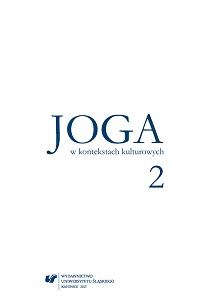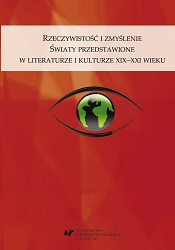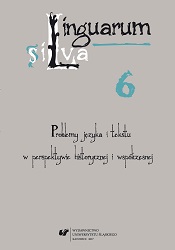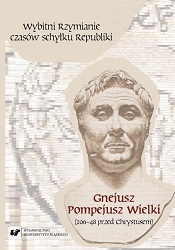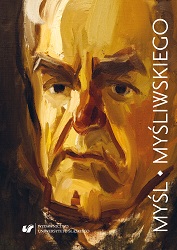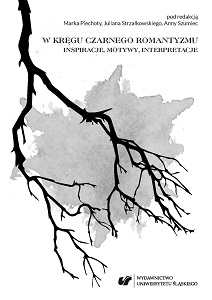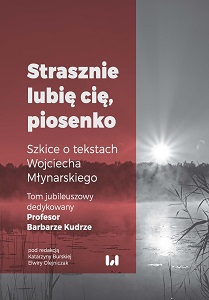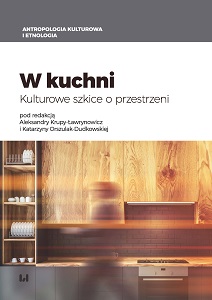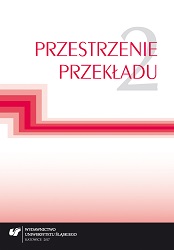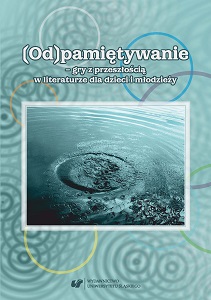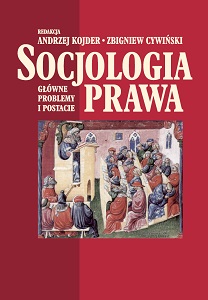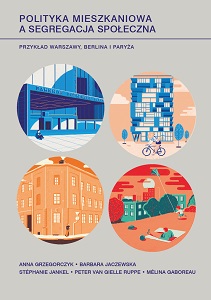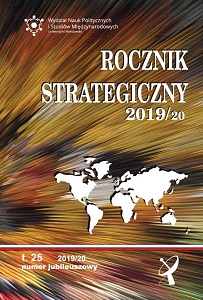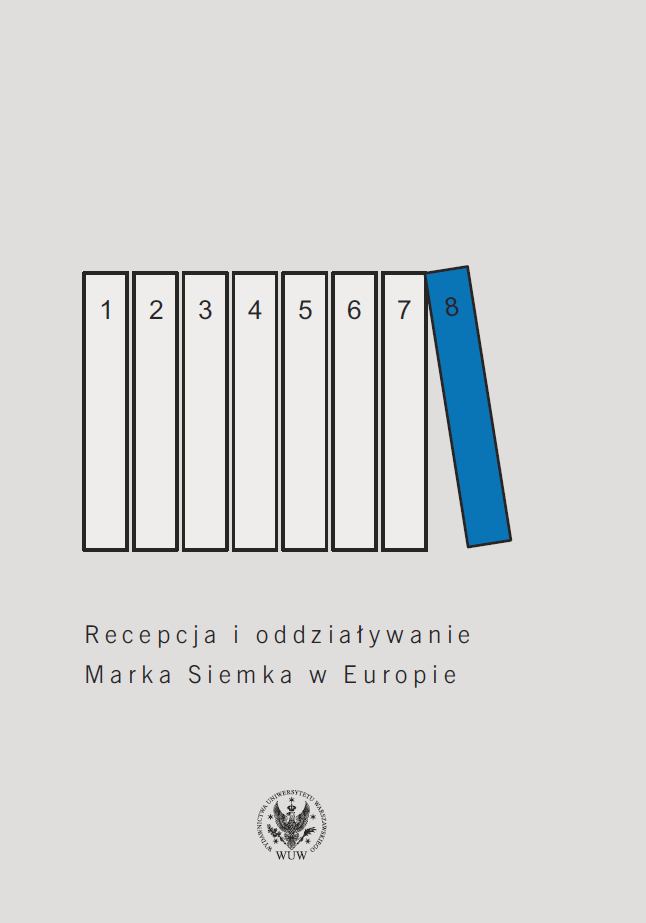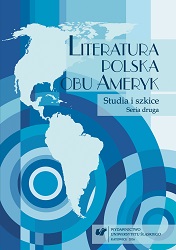
“They Are Stuck in Canada up to Their Ears” – Jadwiga Jurkszus-Tomaszewska and Adam Tomaszewski
„Tkwią w Kanadzie po uszy” — Jadwiga Jurkszus‑Tomaszewska i Adam Tomaszewski
The research analysis in the article focuses on the volume titled Toronto, Tronto, Trana, co-authored by Jadwiga Jurkszus-Tomaszewska and Adam Tomaszewski, published in Canada in 1967. This book constitutes an interesting contribution to the understanding of the multicultural dimension of Canadian mentality. This book of reportage, in which the information is accompanied by insightful commentary and explanations, is analysed in the context of the genre of reportage written in Melchior Wańkowicz’s style, i.e. somewhere in between the news coverage, opinion journalism and — above all — literature. Toronto, Tronto, Trana can be called a tourist guidebook, a specific Baedeker’s Guide, containing descriptions that are not focused on the discussion of the co-authors’ emigrational fate, on the vision of their situation in the context of exile, of being an expatriate, an émigré, but rather on making use of the opportunities offered by the journey itself as well as demonstrating strong emotional ties with the new homeland – Canada, and especially with the city of permanent residence, namely Toronto.
More...
